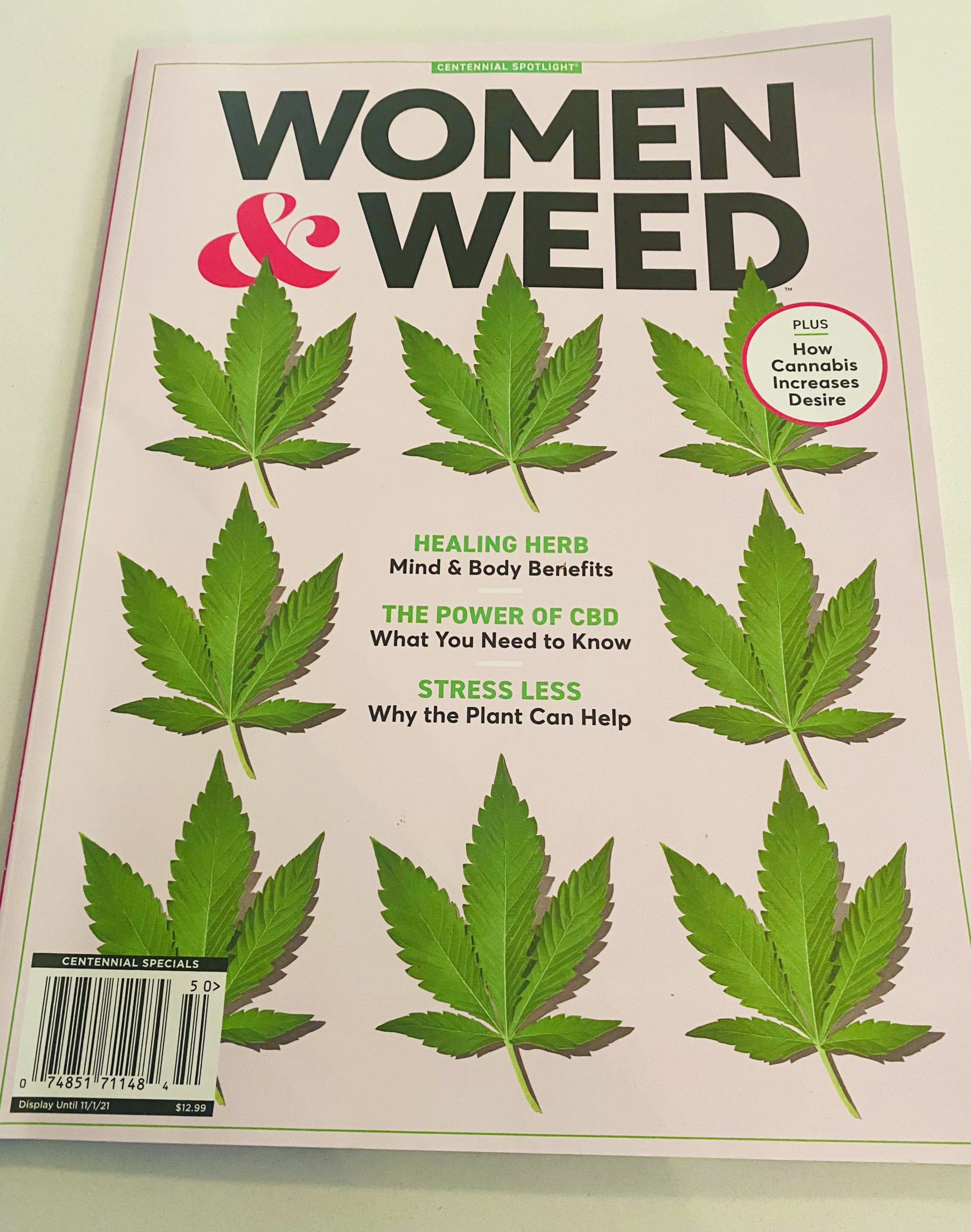Ardra Shephard is a Canadian and not well known in the US – but she is on her way to
increased recognition and fame as a blogger, script consultant, and speaker. What you don’t know about Ardra is that her award-winning blog Tripping on Air is an inside look at her life with multiple sclerosis (MS). MS grips its sufferers in the worst ways including nerve pain, spasticity, and insomnia – as well as seizing legs and fatigue. Conventional medicine often produces unwanted side effects and can lead to more pharmaceutical experiments in a continually failing attempt to find relief.
Ardra recently wrote about 7 things she learned in her journey to treat her MS woes with medicinal cannabis. On her list:
1. It’s important to consult a professional. Taking an approach to any treatment plan
without first talking with a medical professional is not only foolish, but can be dangerous.
Ardra recognized early on in her journey that she knew next to nothing about the
plant-based medicine and took it upon herself to do diligent research with the help of
clinicians and pharmacists to ensure she understood recommendations for her specific conditions.
2. Medical cannabis can be expensive. In the US, medical healthcare providers do not cover cannabis as medication and this can be an out of pocket expense which takes experimentation with different types, which can be spendy.
3. It’s possible to overdo it with medical cannabis. Ardra writes about how the dosage for her medication in Canada included instructions to “start slow.” Unfortunately, she unknowingly overdid it and although she slept, when a middle-of-the-night bathroom need interrupted her slumber, she realized she was extremely high and promptly fainted.
4. The effects of medical cannabis can last a long time. As a result of the psychoactive effects in THC, cannabis effects can be long lasting. With practice and journaling effects, one can determine the right type and dosage to serve as a solution to many conditions.
5. Medical cannabis is not without risk or side effects. Don’t misunderstand that finding – there are side effects that can result from cannabis use – but they don’t include addiction, or cancer like many pharmaceuticals do. The side effects from cannabis might include anxiety or paranoia, sedation, and increased appetite. The beauty of these side effects is that with careful use and documenting results as experimenting with different strains and products is that some of these can be easily avoided.
6. Medical cannabis is not a panacea. Ardra is quick to point out that cannabis didn’t cure her MS, but for her is a symptom management tool, used in conjunction with lifestyle modifications, diet, and some conventional medicine.
7. The benefits are worth it. Like many others who suffer from the impacts of MS, Ardra found that CBD and THC helps her to sleep better, decrease pain, and as such pain medication, and enjoy some of life’s simpler tasks without suffering.




